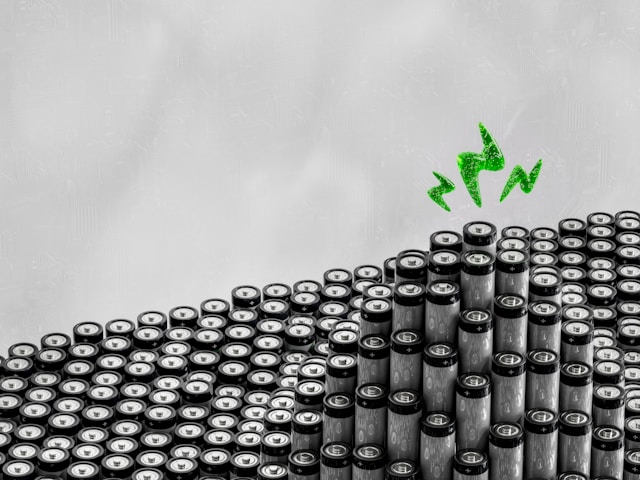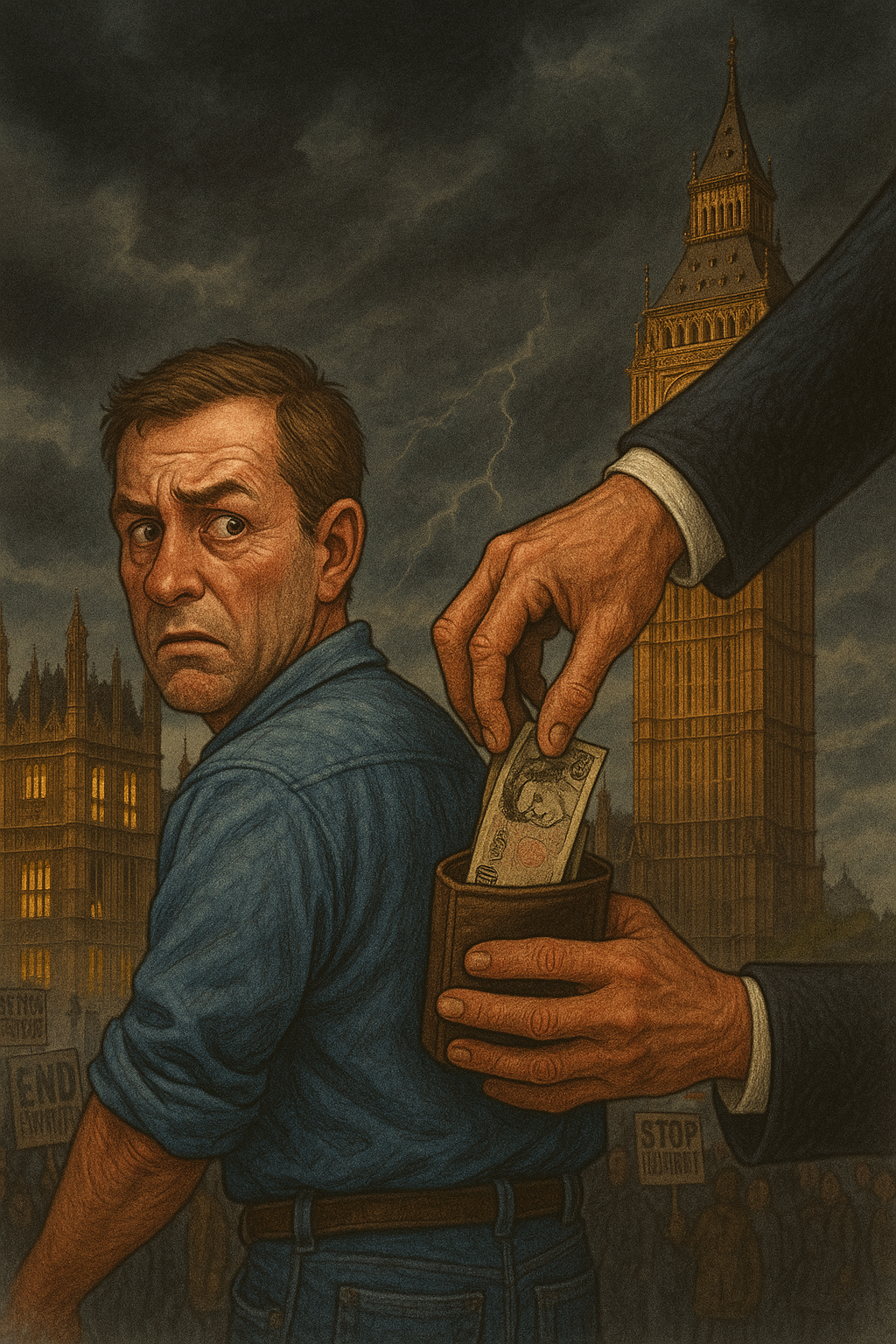In the recent presidential elections in Poland, over 51 per cent of the votes were cast for the reelection of president Andrzej Duda of the ruling Law and Justice party. Soundly defeating the Mayor of Warsaw Rafal Trzaskowski, Andrzej will soon start his second term in office.
This path, though, is an illiberal one. Duda has been in contempt of democracy, the rule of law, economic freedom and other individual liberties. And voters have now chosen to further the concentration of power in the hands of the Law and Justice party.
Duda has overseen an unsustainable welfare state expansion alongside a bout of economic nationalism. In the electoral campaign, prime minister Mateusz Morawiecki promised that “together with president Andrzej Duda we will not allow for return of neoliberal and hyper-liberal policies of Balcerowicz and Tusk”. Duda is skeptical of the EU and has overseen the removal of Supreme Court judges. He is also on record claiming that the “LGBT ideology is worse than communism”.
Turnout in the second round of the elections exceeded 68 per cent, which was the second highest result since the 1989 transition in Poland. Illustrating how mobilised voters on both sides of the polarised political landscape seem to be. While elections in the majority of polling stations were organised in a democratic manner, the electoral rules of the game were somewhat unfair.
The Office for Democratic Institutions and Human Rights pointed out that “the lack of impartiality in the public media coverage detracted from a well-run election”. Alongside the public broadcasters’ propaganda in favour of the incumbent, the Law and Justice’s government has been using a significant amount of state resources to support Duda.
A narrow victory of the incumbent indicates a high level of polarisation among different demographies. In the 18-29 age group, Trzaskowski attracted 64 per cent of the voters, while Duda received 63 per cent among people aged over 60. More than 65 per cent people with higher education voted for the opposition candidate, while the incumbent was more popular among less educated voters.
Over 400,000 poles voted abroad and a third of these votes came from the United Kingdom, where Trzaskowski received almost 78 per cent. Duda attracted more Polish voters in North America but in general, Trzaskowski won among the Polish diaspora.
One of the key powers of the President is being able to veto almost all legal acts. To overrule the presidential veto, a three-fifths majority is required in the lower house of the parliament (Sejm). Andrzej Duda winning means that political power in Poland will continue to be concentrated among the ruling Law and Justice’s party.
While a lot of promises regarding higher pensions and other social expenditures were made during the campaign, one would imagine they will be limited by the poor fiscal situation related to COVID-19 pandemics and the lockdown. We may also see the implementation of new taxes.
Worse still, is the potential for further institutional deterioration. After the Law and Justice party captured key judicial institutions and attacked the independence of judges, which led the European Commission to trigger Article 7(1) of the Treaty on European Union and several infringement procedures in the European Court of Justice, the common courts are endangered and more violations of the rule of law may come.
Moreover, some leading Law and Justice politicians have been indicating since the elections that something has to be done with private and foreign owned media, which has been criticising the ruling party and President Duda. Hungary, where the ruling Fidesz party has tightened control over the media, surely will act as inspiration.
Hopefully, the over 10 million voters opposing president Duda will be able to act as a restraint on his authoritarian tendencies, leading to a more competitive political environment before the next parliamentary elections come around in 2023.
















